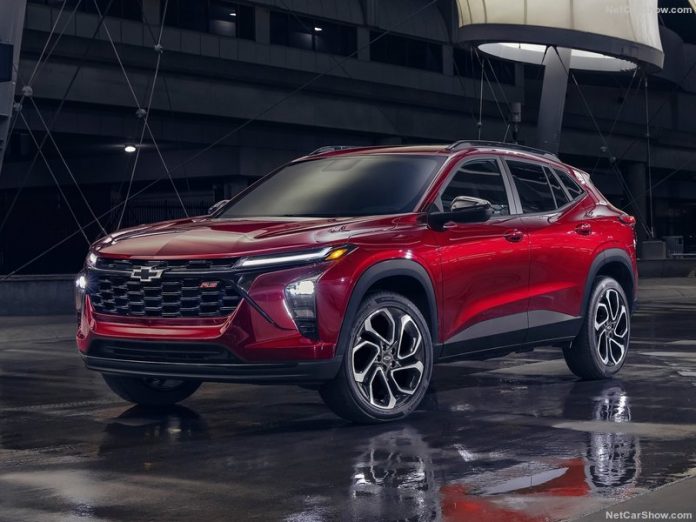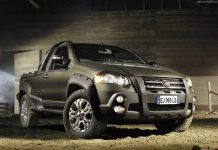Brazilian Vehicles Market in October 2023 grows for the 5th month after losing 4.8% in May, reporting 209,669 new sales (+22.7%). YTD figures at 1.74 million are up 11.6% from 2022. Volkswagen enters podium rising 31.8%.
Market Trend and Outlook
Brazil’s economy has been surprisingly resilient this year. Deloitte states: “Inflation-adjusted wages continue to grow at a relatively rapid clip as consumer price growth slowed. More recently, the labor market has tightened, and consumer confidence has soared. As a result, consumer spending is growing at a respectable rate. Pushing inflation lower will be more challenging from here. A lack of improvement on the inflation front will likely restrain consumer spending as real wage growth and interest-rate cuts slow.”
This growth in consumer spending has pushed the Brazilian Vehicles Market higher and higher, with sales in October 2023 increasing for the 5th month in a row and new registrations reaching 209,669 (+22.7%). YTD figures at 1.74 million are up 11.6% from the previous year.
Looking at cumulative data up to October 2023 brand-wise, Fiat reports the most sales at 384,467 (+12.0%), followed by Volkswagen -up 1 spot- at 271,322 (+3.18%) and Chevrolet -down 1 spot- with 268,596 sales (+16.1%).
In 4th ranks Toyota with 157,179 sales (+2.8%), followed by Hyundai at 144,378 (-6.8%), Jeep with 106,709 (-3.2%), Renault with 99,222 (-1.8%), Honda with 59,844 (+32.6%) and Nissan with 59,173 sales (+32.7%).
Peugeot maintains 10th spot, reporting 28,162 new vehicle registrations (-18.5%).
Looking at specific models the Fiat Strada maintains leadership as the best selling car, despite growing just 4.8% in year-on-year volume. The Volkswagen Polo follows in second, up 58 spots in the rankings.
Medium-Term Market Trend
The Brazilian vehicles market has had a few ups and downs in the past decade, with 2012 registering the highest levels for the following years. Previously, starting in 2010, the market rose for two consecutive years reaching 3.6 million sales in 2012. In 2013 the Brazilian market began a 4 year negative trend falling a maximum of 25.6% in 2015 and reaching 2 million sales in 2016. Luckily from 2017 to 2019 sales grew, reaching 2.7 million sales.
In 2020 The COVID-19 pandemic has caused severe human suffering and triggered a deep recession in Brazil. The demand for consumer’s goods declined and light vehicles sales fell below the 2 million mark, first time in the decade.
Although the economy recovered in 2021 (GDP +5.0%) the basic trend was still weak. In fact, 2022 slowed down 0.9% with inflation rates jumping up and the demand remaining weak.
Projections for 2023 are not looking good due to the continuous price increases in parallel with the adoption of more safety rules and the shift towards electrification. This being said the overall trend in the first months of 2023 has been positive and the momentum gained in the last months of 2022 is continuing into the this year.
Tables with sales figures
In the tables below we report sales for all Brands, top 10 Manufacturer Groups, and top 10 Models.











